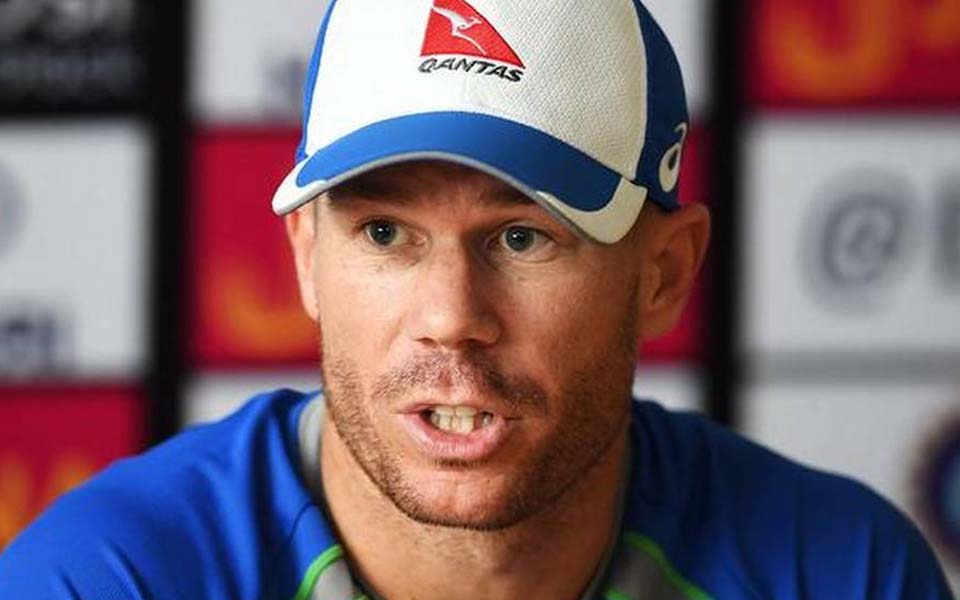Adelaide, Dec 1: Dashing Australian opener David Warner believes India's Rohit Sharma has the firepower to surpass West Indies great Brian Lara's record 400 not out in a Test match.
Warner, who scored his maiden triple ton (335) in five-day cricket during the ongoing second Test against Pakistan here, was just 65 runs shy of breaking Lara's record when skipper Tim Paine decided to declare the innings at 589/3.
Though he couldn't break the record, Warner believes it is possible to surpass the 400-mark and backed Rohit to achieve the feat in near future. Lara's 400 not out is the highest individual score in Test cricket which came against England in 2004.
"Yeah, look, I think it's about the person himself. We've got long boundaries, it is quite difficult at times. When fatigue sets in, it's very hard to try hard and throw your hands at it," Warner told 'Fox Sports'.
"At the end, I tried to run twos to lift the ante because I couldn't actually think like I could clear the ropes.
"I think, one day, if I've to name a player, I reckon it could be Rohit Sharma. Definitely."
Considered one of the best batsmen in ODI cricket, Rohit couldn't achieve much success in Tests initially but the Mumbaikar made a successful comeback to the longest format when he was included as an opener for the three-match series against South Africa.
As an opener in his first Test, Rohit scored twin-centuries against South Africa and was eventually named the Man of the Series.
Warner, who surpassed Sir Don Bradman's highest Test score of 334 during his unbeaten knock in the ongoing Day-night Test, also revealed that he had doubts about his Test career and it was former India opener Virender Sehwag, who had predicted that he would be a better Test batsman than a T20 cricketer.
"When I met Virender Sehwag while playing for Delhi in the IPL, he sat down to me and said I will be a better Test player than a Twenty 20 player. I said 'you're out of your mind, I've not played many first-class games'," Warner told reporters.
"He always said 'they will have slips and gully, covers open, mid-wicket stay there. mid-off and mid-on will be up, you can get off to a flier and sit there all day and you'll be picking them all off'.
"That's always stuck in my mind, it sounded very easy when we were discussing then."
Let the Truth be known. If you read VB and like VB, please be a VB Supporter and Help us deliver the Truth to one and all.
Dubai: Smoke was seen rising from an area near the United States Consulate in Dubai, according to witness accounts cited by Reuters.
There was no immediate official confirmation on the extent of damage or whether there were any casualties in the incident.
Earlier, the US embassy in Riyadh, Saudi Arabia’s capital, was also attacked. Authorities reported damage to the premises, but no casualties were recorded.
The developments come amid heightened tensions in the region, with Iran continuing to target US interests in the Middle East following deadly attacks launched on Saturday by Israel and the United States.
Near US embassy in Dubai pic.twitter.com/z5VTZNVxNO
— Sahil Shah (@thesahilsshah) March 3, 2026





